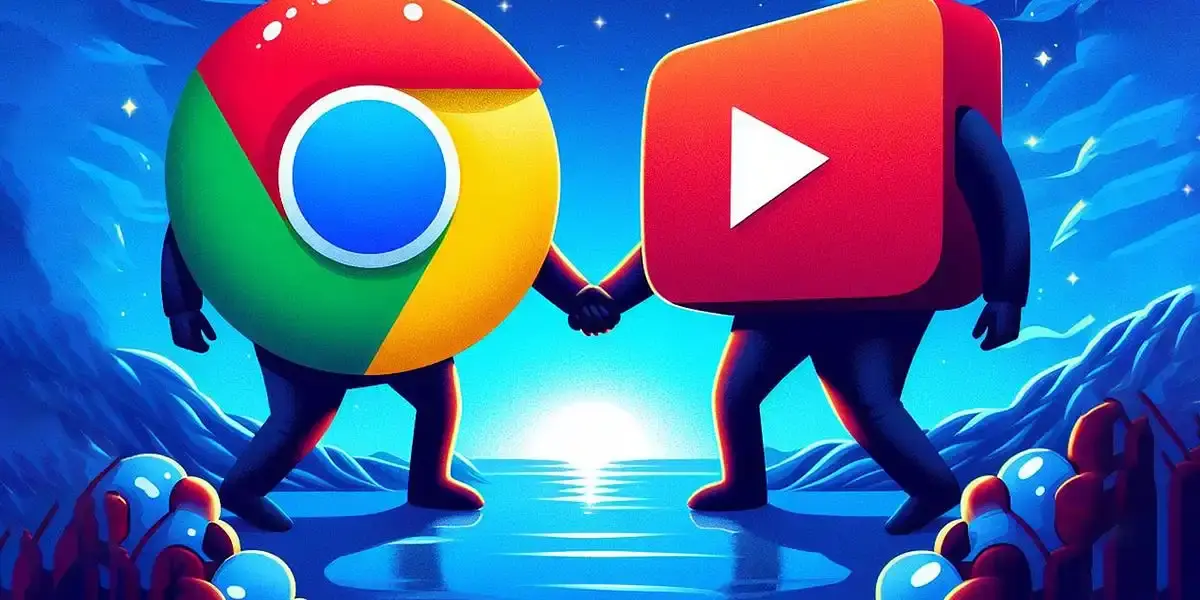Tech news might not understand ad blockers all the time, but this author doesn’t understand that 30,000 dynamic rules (or any limit for that matter) aren’t a lot and this still nerfs ad blockers big time.
Also limiting rule updates to new extension versions will essentially make it impossible for adblockers to outpace anti-adblock interventions.
Yes. Thank you. This article is apologia for Google, and very unhelpful. There is a reason anyone interested in controlling their own browser is unhappy with this arbitrary limit.
anyone interested in controlling their own browser
Google’s argument is that letting ad blocking extensions filter each and every web request, puts your browser under the control of the extension developers.
And… they aren’t wrong. This discussion boils down to: who do you want to control your browser, Google, or the extension developers?
Anyone interested in actually controlling their own browser, would compile it from source and create their own ad blocking extension. But that’s not happening for the vast majority, so it’s a choice in whom you trust.
(PS: I’d sooner trust Mozilla… maybe)
I’d argue that part of controlling your own browser is being able to make that decision. Manifest v3 will rob you of that ability.
Manifest v3 will rob you of that ability.
Firefox is adding Manifest v3… without deprecating the blocking API call that ad blockers use, so no, Mv3 doesn’t rob you of anything… if you were in control of your browser in the first place.
Erm, that makes all the difference. We’re talking about Google robbing you of choice. Which they are doing by replacing v2 with v3.
Of course Firefox is not doing that.
Maybe the filter rules required specifically for YouTube don’t work with those rule formats, I don’t know!
That’s all you need to read from the article. The author doesn’t know how ad blockers work (which is fine, I’m also no expert) and completely ignores the ad blockers developers expertise (which is not fine).
this is what i really don’t get about people defending google’s actions here. what incentive do uBlock Origin developers have to lie about the impact google’s changes to chrome will have on the capabilities of their extension?
google and ad blocker developers are the only two real subject matter experts here. the former has ample financial incentive to not be completely honest in their claims here, so the benefit of the doubt naturally belongs to the latter.
There is no expertise in that interview, that’s the problem. It’s the Ghostery dev making vague statements that Engadget partially misinterprets and then everyone else gets wrong. The main insight there is that content blockers need their lists updated on a daily basis for YT which is not new information.
Yeah, surely you have to find out first, before writing an article titled “Tech news doesn’t understand ad blockers or Chrome extensions”? This appears to be the crux of the article, and yet the author isn’t worried about finding out? Weird.
I do want to read articles that change my beliefs and I’m willing to listen to any take that goes against the wider narrative, but nothing that was said here really challenges anything being said on most tech news sites.
Yeah news sites might not always have full understanding of the semantics but the wider piont of Google’s Manifest V3 restricting uBlock Origin capabilties and not offering an adequate solution is still very valid.
I’ve had to mute the words “youtube” and “adblock” on my social feeds and unsubscribe from the tech communities on Lemmy, because it’s all anyone wants to talk about.
reality check failed






